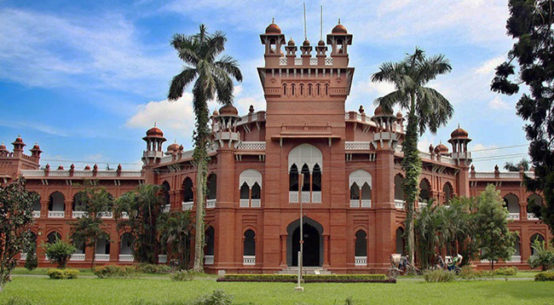
If we want to ensure sustainable development of our country, environmental protection is a must. And if biodiversity is not conserved, the balance of the environment may be threatened. Hopefully, the United Nations has declared 2021-2030 as a decade on Ecosystem Restoration. Therefore, in order to prevent disasters and epidemics, it is necessary to take appropriate steps in time by stopping the abuse of nature. There is no doubt that the government has taken many important decisions in this regard. Now every citizen of the country shall have to play a responsible role in protecting the biodiversity from their respective positions.
Biodiversity conservation, the practice of protecting and preserving the wealth and variety of species, habitats, ecosystems, and genetic diversity on the planet, is important for our health, wealth, food, fuel, and services we depend on. It plays an integral role in supporting many sectors of development. Biodiversity conservation protects plant, animal, microbial and genetic resources for food production, agriculture, and ecosystem functions such as fertilising the soil, recycling nutrients, regulating pests and disease, controlling erosion, and pollinating crops and trees. These all play a significant role to ensure food security. Biodiversity protection is vital for economic growth and poverty reduction and can help address the effects of climate change. Conserving habitats can reduce the amount of carbon dioxide released into the atmosphere. Thus, the importance of biodiversity conservation for a country’s sustainable development is beyond discussion.
In 2010, anthrax spread to cattle in different parts of Bangladesh. Then, the countrymen got scared about eating animal meat. It adversely affected the rural economy in the country, with rawhide production getting reduced significantly and leather exports falling sharply as well. In just a few days, it had had a negative impact on the country’s employment context and economy. In a country like ours, it is easy to imagine how difficult it is to suddenly find out an alternative source of meat. Only vultures can digest the meat of dead cows infected with anthrax. Anthrax germs can survive for centuries in a dormant state even in hostile environments and become reactivated in favourable environments. But if there are vultures in nature, this germ can be controlled very easily. Unfortunately, this species of bird is almost extinct now.
Many steps have already been taken to protect this creature, known as nature’s cleanup crew, from extinction. Also, the fact that how many more species have become extinct in our country due to hostile environment and how many are now endangered could be an important subject to conduct research. Eco-friendly species that are now endangered need to be protected from extinction. Speaking at a recent workshop on the occasion of International Biodiversity Day, the minister for environment, forests and climate change said the National Committee on Biodiversity had recently decided to preserve Halda River as a biodiversity heritage.
To this end, more than five per cent of the total land and inland water of the country has been declared as a protected area and an environmentally critical area. About five per cent of the Bay of Bengal has been declared as a marine protected area. The vows taken to conserve and restore various species, including the Bengal Tiger, is a positive sign of development. The establishment of a gene bank to protect the country’s valuable agricultural biodiversity also deserves appreciation.
If there is any more delay in taking further steps to protect the country’s biodiversity, the extent of damage likely to be caused cannot be easily remedied.

